Exploring the Rich Traditions of the United Kingdom
Afternoon Tea

Afternoon tea is a quintessential British tradition that dates back to the 1840s. It typically includes a selection of dainty sandwiches, scones with clotted cream and jam, cakes and pastries, and of course, a pot of tea. This delightful custom was introduced by Anna, the 7th Duchess of Bedford, who complained of "having that sinking feeling" during the late afternoon. Today, it remains a popular social event and a must-try experience for visitors to the UK.
Changing of the Guard
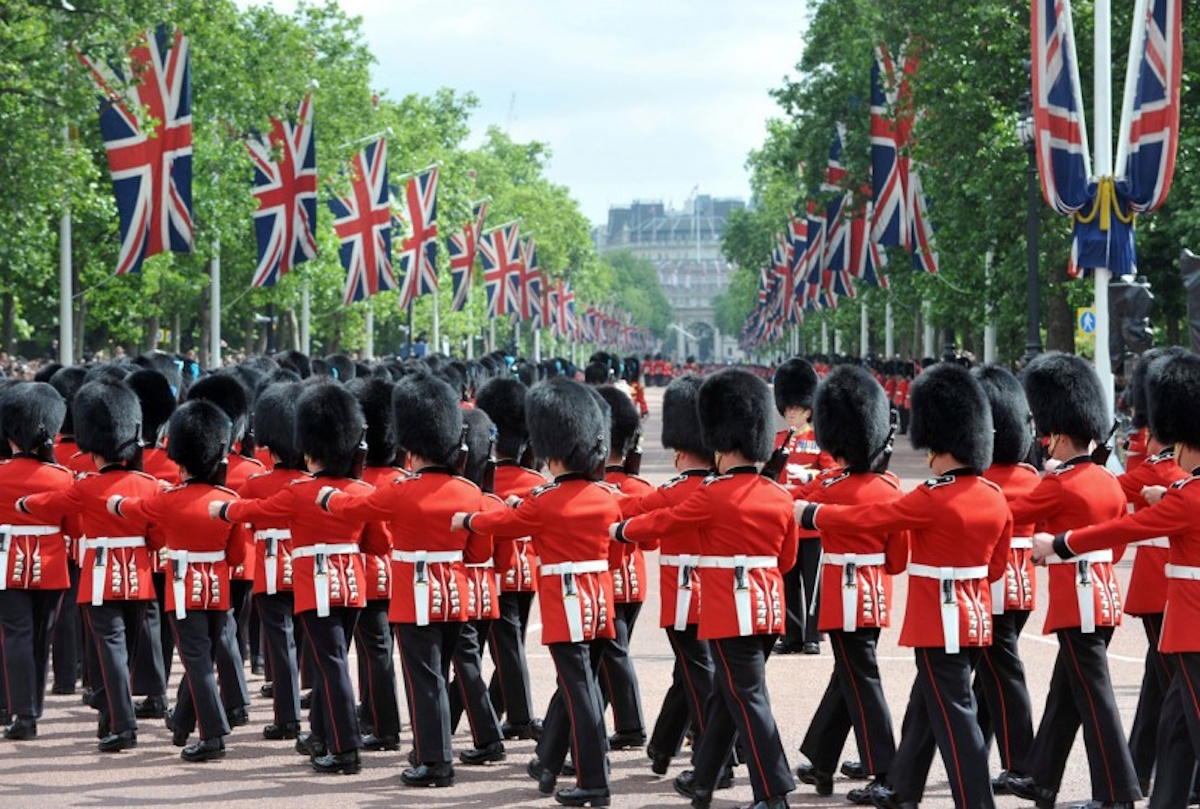
The Changing of the Guard is a formal ceremony in which the Old Guard hands over responsibility for protecting Buckingham Palace and St. James's Palace to the New Guard. This colorful spectacle takes place in front of Buckingham Palace at 11:00 AM every day in June and July, and on alternate days for the rest of the year, weather permitting. The ceremony is free to watch and attracts thousands of spectators with its pomp and pageantry.
Guy Fawkes Night
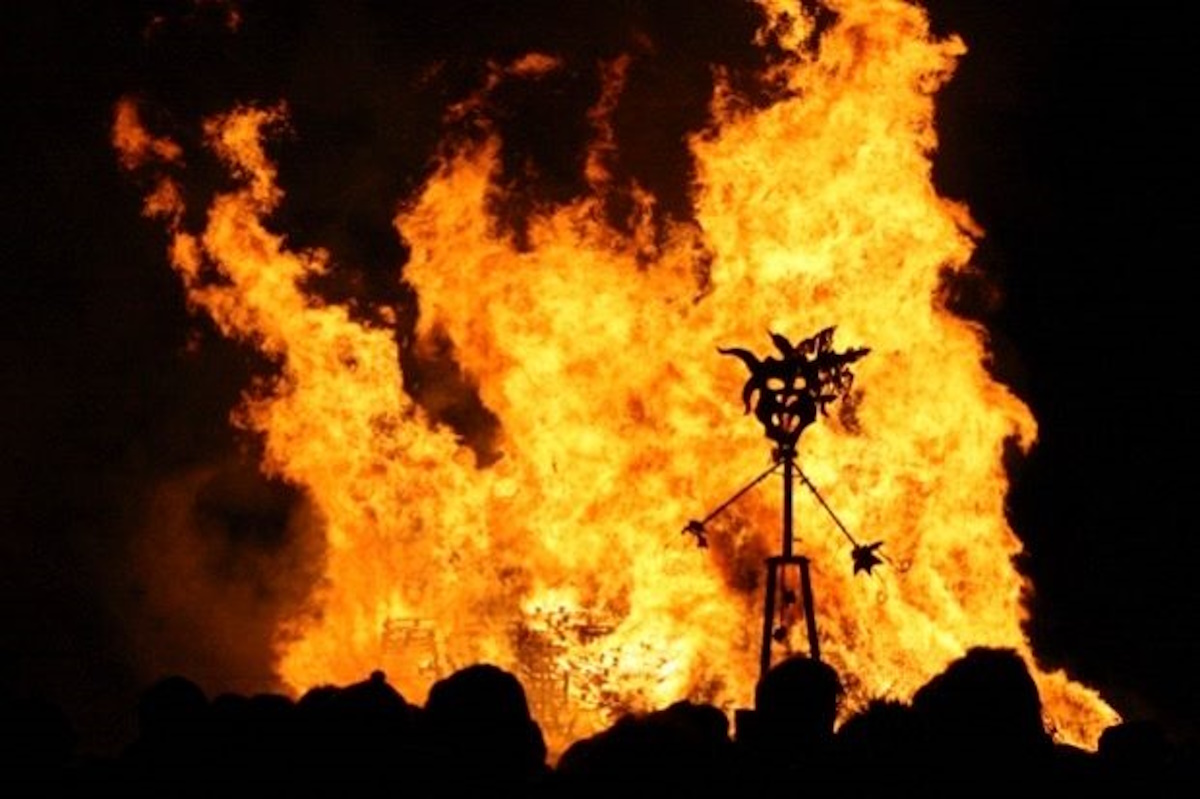
Also known as Bonfire Night, Guy Fawkes Night is celebrated on November 5th to mark the failed Gunpowder Plot of 1605. Traditionally, people gather around bonfires, burn effigies known as "Guys," and enjoy firework displays. The night is commemorated with the rhyme "Remember, remember the fifth of November, gunpowder, treason and plot." It's a night of community celebration, often accompanied by warming food like toffee apples, baked potatoes, and soup.
Morris Dancing
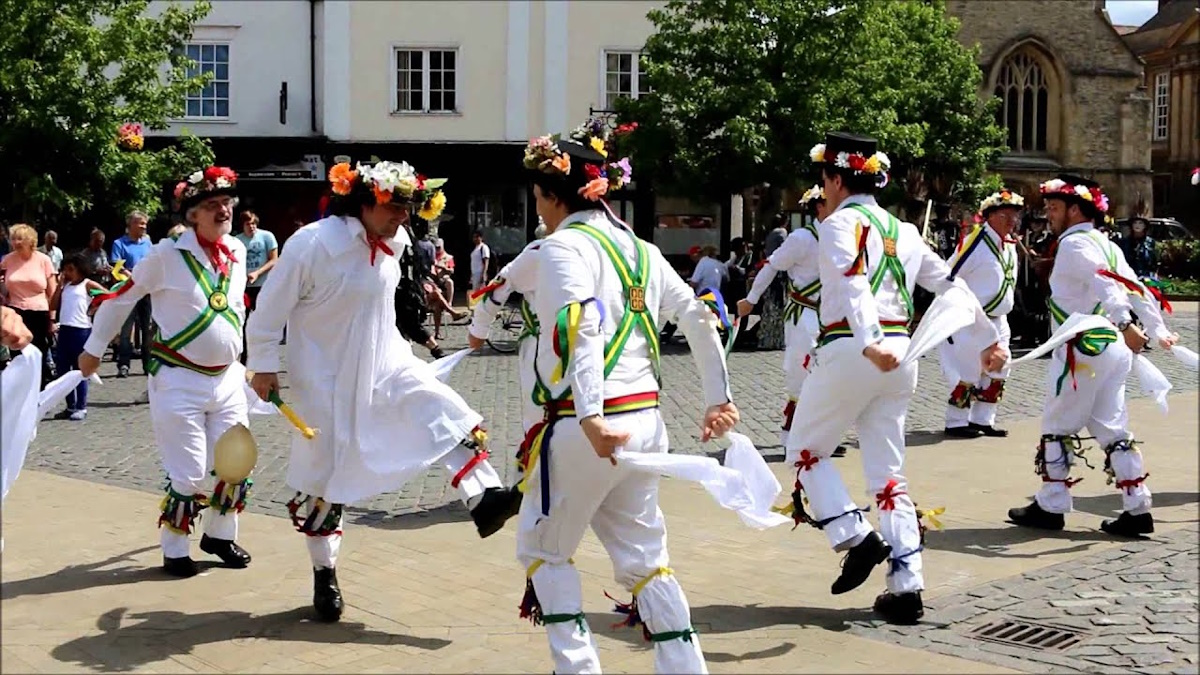
Morris dancing is a form of English folk dance usually accompanied by music. It is based on rhythmic stepping and the execution of choreographed figures by a group of dancers, usually wearing bell pads on their shins. Implements such as sticks, swords, and handkerchiefs may also be wielded by the dancers. The earliest known and surviving English written mention of Morris dance is dated to 1448, and it remains an important part of English cultural heritage.
Bank Holidays
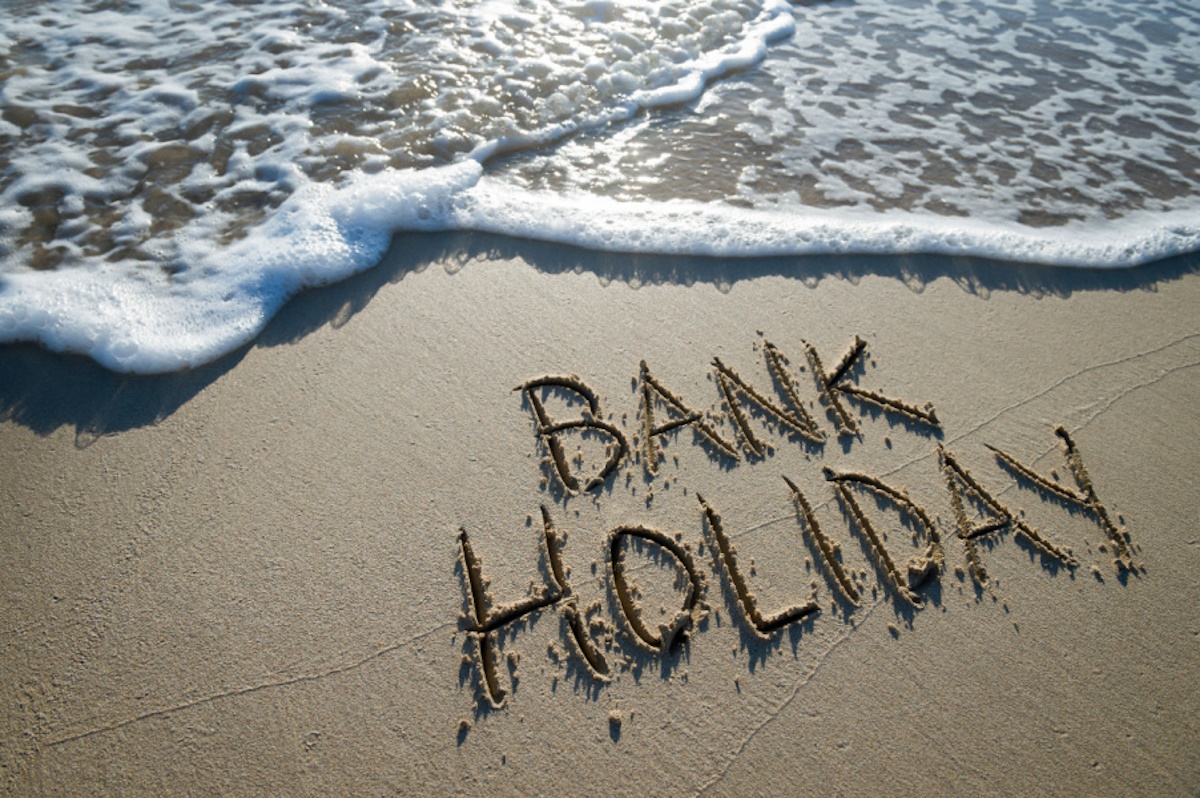
Bank holidays are public holidays in the United Kingdom when banks and many businesses are closed for the day. The name originates from the time when banks were the only institutions to close on these days. Today, they're eagerly anticipated days off work for many Brits, often spent with family and friends, having picnics in the park, visiting the seaside, or enjoying outdoor activities. Some of the most notable bank holidays include Easter Monday, May Day, and the August bank holiday.
Christmas Crackers
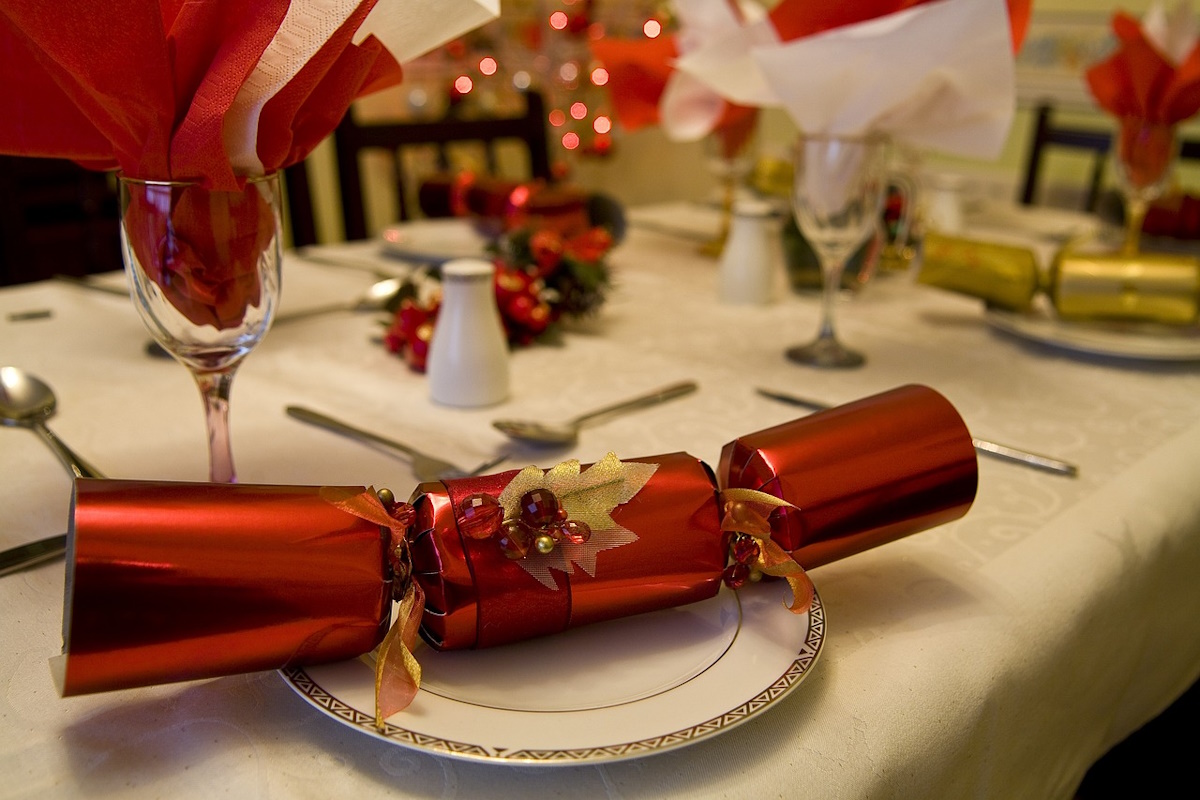
Christmas crackers are a festive tradition in the UK. These cardboard tubes wrapped in brightly colored paper are pulled apart by two people at Christmas dinner. When pulled, they make a snapping sound and release small gifts, paper hats, and jokes. The tradition dates back to the mid-19th century when London confectioner Tom Smith invented them. Today, they're an essential part of British Christmas celebrations, adding a touch of fun and surprise to the holiday meal.